 |
| Arius |
Over at Fr. Longenecker’s blog, a commenter wrote:
The only reason you aren’t Arian today writing against the “Trinitarian Heresey” [sic] is because the Trinitarians had more power than the Arians. That’s all there is to it. One group of powerful men (and its always men that decide these things) ousted the other.
This is a pretty common anti-Catholic and anti-Christian claim. It’s always some variation of the following: Catholicism (or Trinitarianism, or belief in Jesus’ Divinity, or whatever it is that the critic denies) won out simply because the powerful Catholic party destroyed the party holding to the true faith. Based on his other comments, the person writing this appears to be an atheist, but he could just have easily been a non-Trinitarian Evangelical, or a Mormon, or a Oneness Pentecostal, etc.
The strength of this argument is that the average person has no idea whether this is true or not, and wouldn’t even know where to look. This same void has been a real moneymaker for charlatans like Dan Brown and Bart Ehrman, as they claim that prior to a specific event (usually the Council of Nicea), Christianity looked like… well, suspiciously like whatever they want it to look like. If you’re a radical feminist, then early Christianity had women Apostles; if you’re a Sabbitarian, then early Christianity kept to strict Sabbath rules; if you’re a Baptist, then the pre-Nicene Christians were Baptist, etc.
 |
| Cristoforo Roncalli, Pope Sylvester Baptizes Constantine (1599) |
If nothing else, it makes for a very simple story. The Council of Nicea was in 325. Everything prior to that point was good: in fact, just like the church you’re a member of today, or the church you fantasize about creating. Everything after 325 is bad: a bunch of Catholics, men, power, money, corruption, you name it. Everything from the Fall of Man to the Spanish Inquisition happened in 325, and if you’re looking for a villain, you’ve got two to choose from: the Emperor Constantine, and Pope Sylvester I, Bishop of Rome at the time. There’s no reason to choose, either. Plenty of anti-Catholic books, like James G. McCarthy’s The Gospel According to Rome, blame both. So, too, do the allegedly prophetic writings of Ellen White, the founder of Seventh-Day Adventism.
But precisely because this argument is so old and simplistic, it’s also been debunked for ages. One of the best examples of this is from G. K. Chesterton’s The Everlasting Man, back in 1925, the book that converted C.S. Lewis from atheism to Christianity. While older sources could certainly be found, I like how beautifully Chesterton sets up the anti-Christian argument, only to knock it down. First, let’s see him set it up:
The Emperor Constantine Take another rationalistic explanation of the rise of Christendom. It is common enough to find another critic saying, ‘Christianity did not really rise at all; that is, it did not merely rise from below; it was imposed from above. It is an example of the power of the executive, especially in despotic states. The Empire was really an Empire; that is, it was really ruled by the Emperor. One of the Emperors happened to become a Christian. He might just have well have become a Mithraist or a Jew or a Fire-Worshipper; it was common in the decline of the Empire for eminent and educated people to adopt these eccentric eastern cults. But when he adopted it it became the official religion of the Roman Empire, it became as strong, as universal and as invincible as the Rome Empire. It has only remained in the world as a relic of that Empire; or, as many have put it, it is but the ghost of Caesar still hovering over Rome.’
This is no straw man. This is actually better than the argument that the commenter raised against Fr. Longenecker. And here’s how Chesterton answers it:
This is a very ordinary line taken in the criticism of orthodoxy, to say that it was only officialdoms that ever made it orthodoxy. And here again we can call on the heretics to refute it.
Emperor Constantius II (an Arian) The whole great history of the Arian heresy might have been invented to explode this idea. It is a very interesting history often repeated in this connection: and the upshot of it is in so far as there ever was a merely official religion, it actually died because it was merely an official religion; and what destroyed it was the real religion. Arius advanced a version of Christianity which moved, more or less vaguely, in the direction of what we should call Unitarianism; though it was not the same, for it gave to Christ a curious intermediary position between the divine and human.The point is that it seemed to many more reasonable and less fanatical; and among these were many of the educated class in a sort of reaction against the first romance of conversion. Arians were a sort of moderates and a sort of modernists. And it was felt that after the first squabbles this was the final form of rationalized religion into which civilization might well settle down. It was accepted by Divine Caesar himself and became the official orthodoxy; the generals and military princes drawn from the new barbarian powers of the north, full of the future, supported it strongly.
The Emperor Julian (the Apostate) But the sequel is still more important. Exactly as a modern man might pass through Unitarianism to complete agnosticism, so the greatest of the Arian emperors ultimately shed the last and thinnest pretense of Christianity; he abandoned even Arius and returned to Apollo. He was a Caesar of the Caesars; a soldier, a scholar, a man of large ambitions and ideals; another of the philosopher kings. It seemed to him as if at his signal the sun rose again. The oracles began to speak like birds beginning to sing at dawn; paganism was itself again; the gods returned. It seemed the end of that strange interlude of an alien superstition. And indeed it was the end of it, so far as there was a mere interlude of mere superstition. It was the end of it, in so far as it was the fad of an emperor or the fashion of a generation. If there really was something that began with Constantine, then it ended with Julian.But there was something that did not end. There had arisen in that hour of history, defiant above the democratic tumult of the Councils of the Church, Athanasius against the world. We may pause upon the point at issue, because it is relevant to the whole of this religious history, and the modern world seems to miss the whole point of it. We might put it this way. If there is one question which the enlightened and liberal have the habit of deriding and holding up as a dreadful example of barren dogma and senseless strife, it is this Athanasian question of the co-Eternity of the Divine Son. On other hand, if there is one thing that the same liberals will always offer us as a piece of pure and simple Christianity, untroubled by doctrinal disputes, it is the single sentence, ‘God is Love!’
St. Athanasius Yet the two statements are almost identical; at least one is very nearly nonsense without the other. The barren dogma is only the logical way of stating the beautiful sentiment. For if there be a being without beginning, existing before all things, was He loving when there was nothing to be loved? If through that unthinkable eternity He is lonely, what is the meaning of saying He is love? The only justification of such a mystery is the mystical conception that in His own nature there was something analogous to self-expression; something of what begets and beholds what it has begotten. Without some such idea, it is really illogical to complicate the ultimate essence of deity with an idea like love. If the modems really want a simple religion of love, they must look for it in the Athanasian Creed.The truth is that the trumpet of true Christianity, the challenge of the charities and simplicities of Bethlehem or Christmas Day, never rang out more arrestingly and unmistakably than in the defiance of Athanasius to the cold compromise of the Arians. It was emphatically he who really was fighting for a God of Love against a God of colorless and remote cosmic control; the God of the stoics and the agnostics. It was emphatically he who was fighting for the Holy Child against the grey deity of the Pharisees and the Sadducees. He was fighting for that very balance of beautiful interdependence and intimacy, in the very Trinity of the Divine Nature, that draws our hearts to the Trinity of the Holy Family. His dogma, if the phrase be not misunderstood, turns even God into a Holy Family.That this purely Christian dogma actually for a second time rebelled against the Empire, and actually for a second time re-founded the Church in spite of the Empire, is itself a proof that there was something positive and personal working in the world, other than whatever official faith the Empire chose to adopt. This power utterly destroyed the official faith that the Empire did adopt. It went on its own way as it is going on its own way still. There are any number of other examples in which is repeated precisely the same process we have reviewed in the case of the Manichean and the Arian.
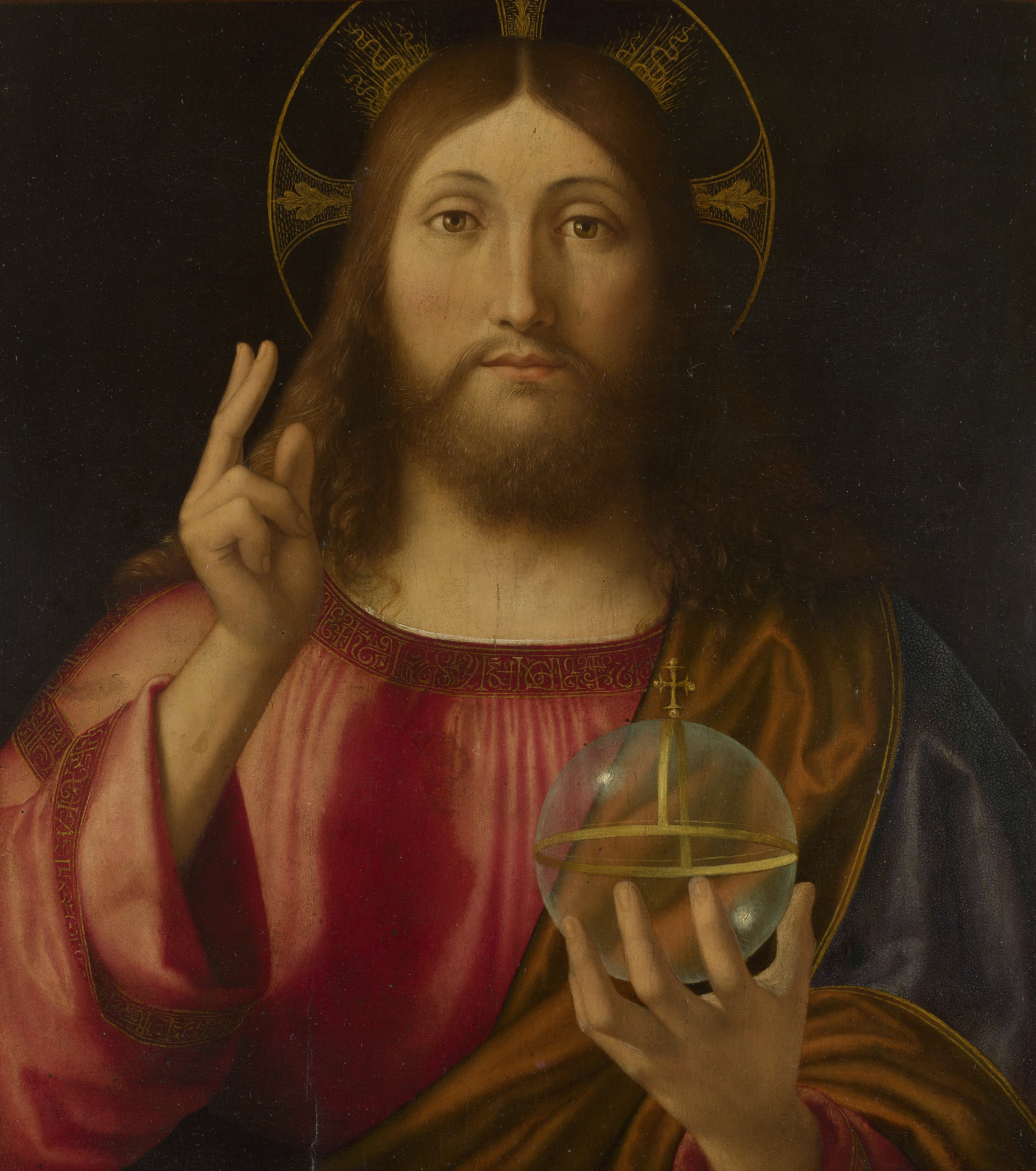 |
| Andrea Previtali, Salvator Mundi (1519) |
So the commenter’s claim is ironic precisely because if history were left to one group of powerful men ousting the other, Catholicism would have had no chance against Arianism. Arianism was massively powerful: at least two Roman Emperors (Constantius II and Valens) were Arian, and they, along with Julian the Apostate, sought to crush Catholicism. That Catholicism prevailed can’t be attributed to Her superior political strength, since She had none. Instead, Chesterton offers two answers, both of which I think are correct: (1) Catholicism was true, and Her Trinitarian doctrines better accounted for the claims about God found in Scripture (in passages like 1 John 4:8); and (2) Catholicism was Divinely protected.
I realize that in writing that last point, in saying that “Catholicism was Divinely protected” instead of that “Trinitarianism was Divinely protected,” some readers will object. But I stand by the wording. I don’t see room to coherently argue that God intervened in the fourth century to prevent the extinction of orthodox Christianity against the crushing power of the Roman state, then let it slide into extinction, only to be resurrected by a German monk, or a French lawyer, or an American teenager.
So Chesterton’s not just showing the truth of the Athanasian Creed, or Trinitarianism, or the Co-Eternity of the Son, but of Catholicism in all Her brilliance. Of course, in doing so, he put to rest the tired canard that Catholicism succeeded because She had more earthly power. At the point in history we’re talking about, nothing could be further from the truth.
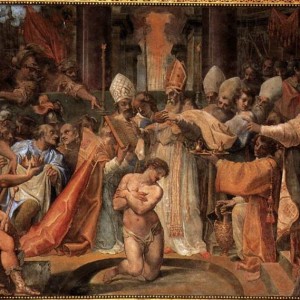
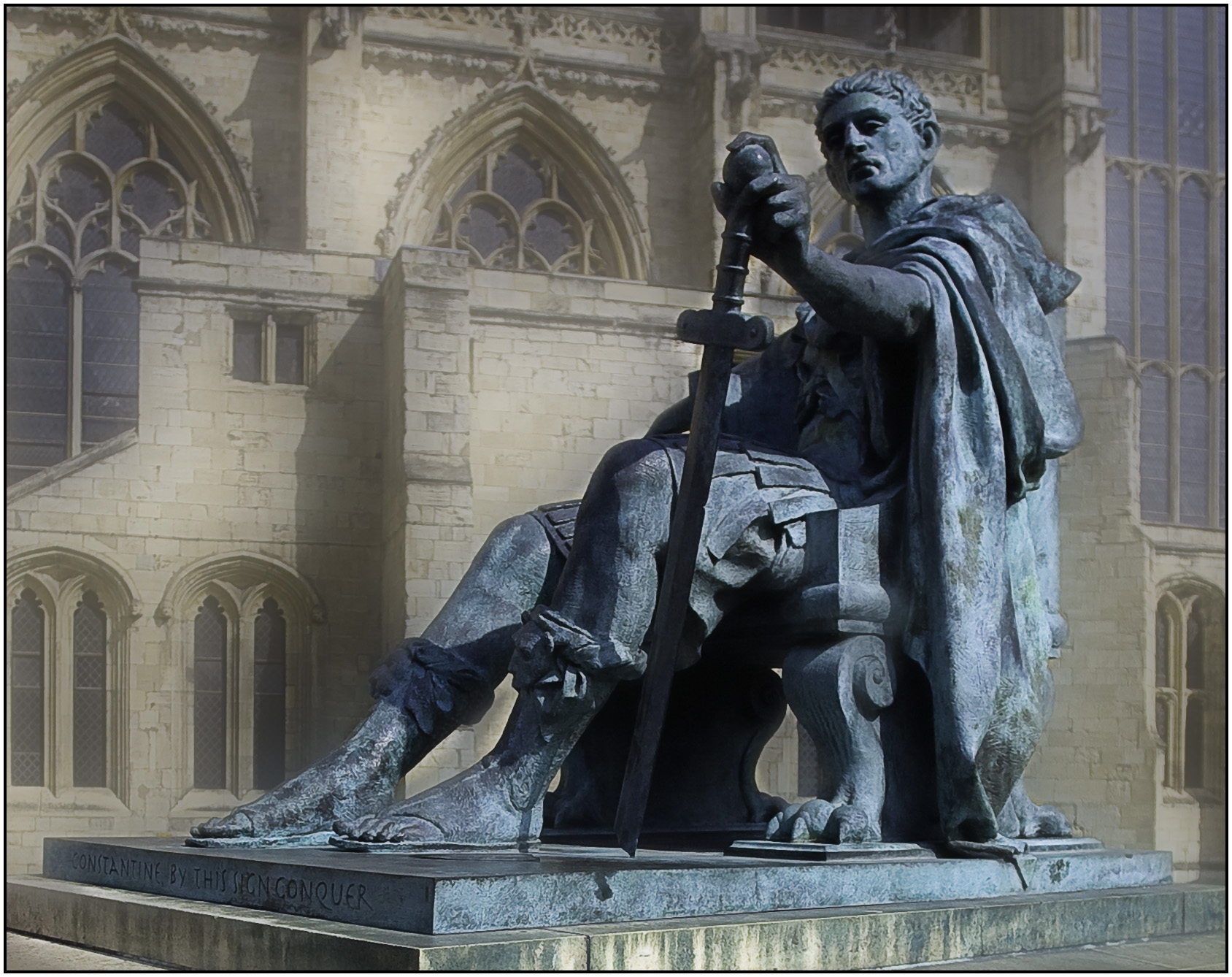
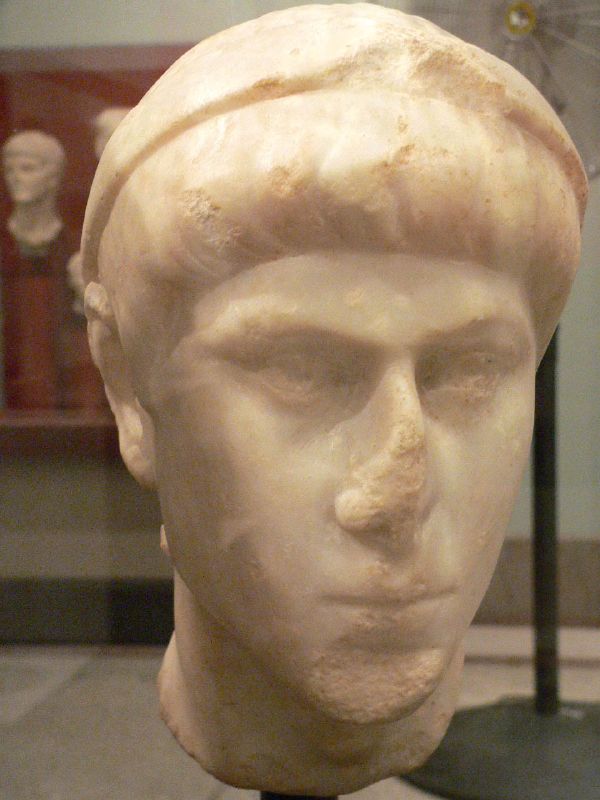
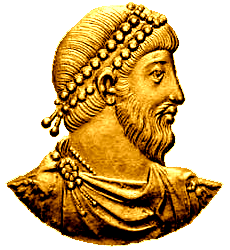

What an Excellent Defense and Commentary.
Thanks for this!
God Bless you
Thanks, Christopher! By the way, just saw your own blog. Are you from Kansas City? Saw you served Mass for Fr. Ernie Davis. I’m a fan of his — I posted about a Mass he celebrated here. Small world!
God bless,
Joe
Excellent defense! It amazes me that people buy this line that the version of Christianity that is followed today simply bullied contenders out of the market – Arianism was far more powerful that Orthodoxy/Catholicism! I would go further and say that even most of the validly ordained bishops at the time had fallen into this heresy! The only explanation is the divine protection of the true Church and her teachings.
What’s incredibly frustrating about defending Catholicism is that for every line that anti-Catholics/ant-Christians write, we have to write about a page and a half to refute them, and about a third of that is ends up with us defining every single one of our terms sufficiently for the other side!
And after all of that, they still don’t bother to listen to us or read what we wrote…
Joe-
Yes I am From KC Originally and am currently displaced in Chicago land for now.
I have met Fr. Andrew a few times as well as his parish is where my parents go – My mom is a big fan of his.
I hope to return to the land of Oz and Ahhhs soon…
Christopher
Rob,
Keep the faith bud. Even if the response can’t reach through the hardened heart of the one opposing the Church, your response may speak to one less obstinate. We don’t always see the way the Holy Spirit is working, but oh how He works.